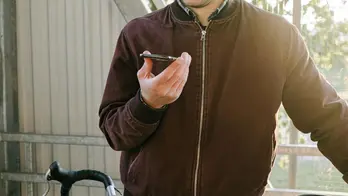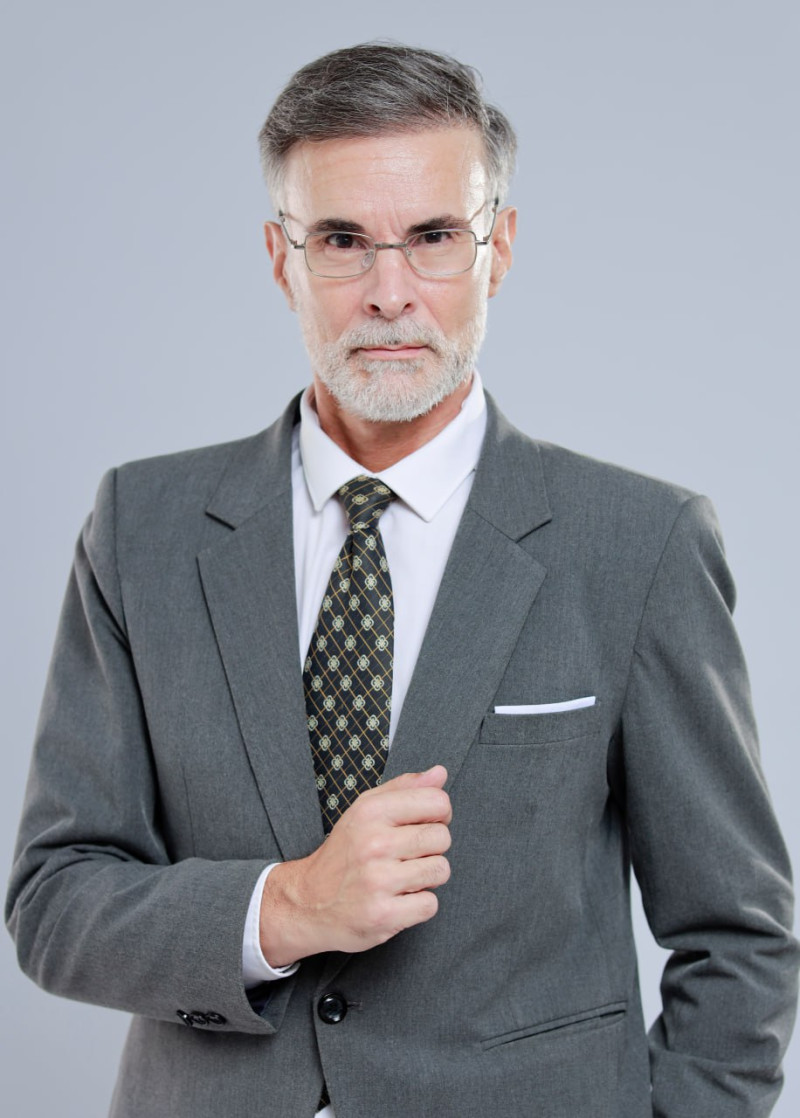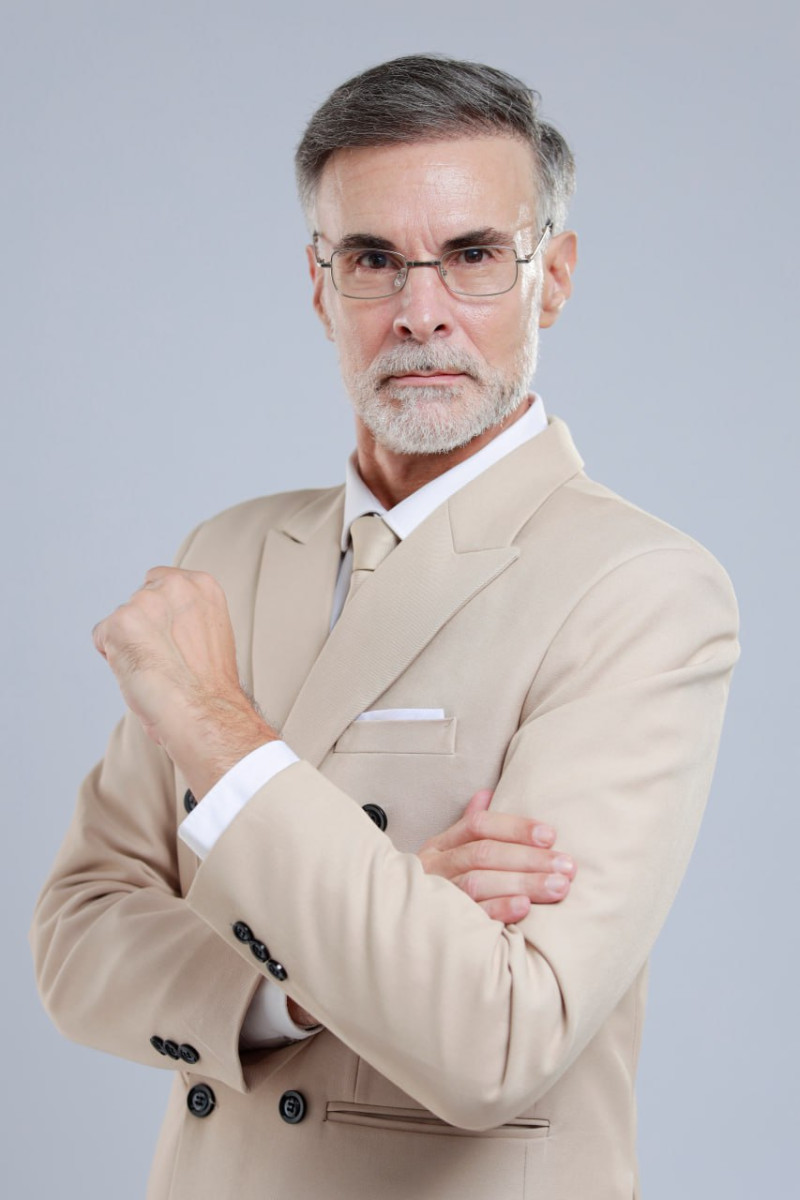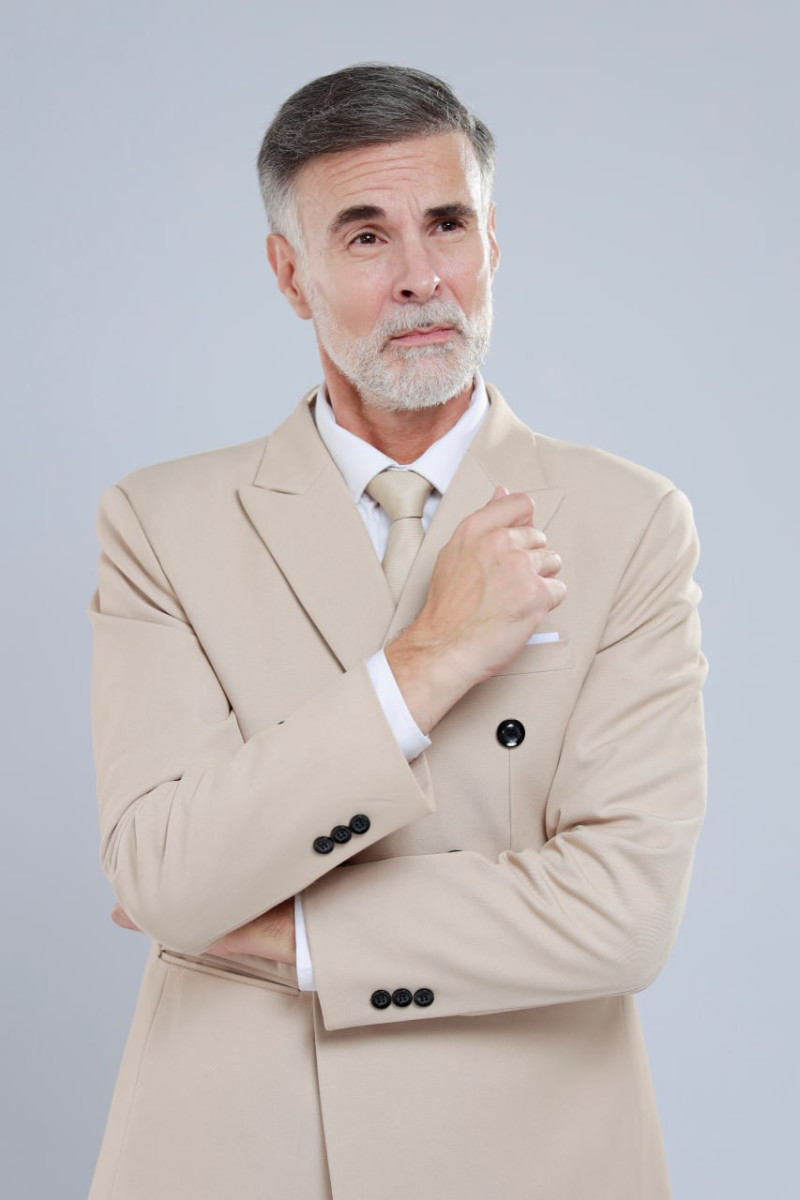California sues Tesla over alleged rampant discrimination against Black employees
California's Department of Fair Employment and Housing is suing Elon Musk's company Tesla over racism and harassment toward Black employees at Tesla's plant in Fremont, Calif., according to a lawsuit filed by the state this week. The company has called the lawsuit "unfair."
The lawsuit follows three years of investigation into Tesla and alleges that Black and African American employees at the company's Fremont plant are "segregated to the lowest levels."
The lawsuit describes multiple instances of racist language and drawings toward Black employees, penalizing Black employees more harshly than white employees and denying Black employees career advancement opportunities and equal pay for work similar to that of other employees.
"These numerous complaints by Black and/or African American workers about racial harassment, racial discrimination, and retaliation lodged over a span of almost a decade have been futile," the lawsuit says. "Tesla has continued to deflect and evade responsibility. While it claims to not tolerate racial harassment or discrimination at its factories, Tesla's investigations of complaints are not compliant with law."
Prosecutors describe years of harassment and discrimination
The lawsuit says Tesla "turned, and continue to turn, a blind eye" to the years of complaints from Black employees at the factory. For example, Tesla allegedly is slow to clean up racist graffiti, including ones with swastikas, KKK, the N-word and other hate symbols that were drawn in common areas and on the factory machines.
The lawsuit says one Black worker saw "hang N[ ]" written next to an image of a noose in the bathroom of the break room. The same worker also saw "all monkeys work outside" and "fuck N[ ]" written on the walls of the break room. The writing and drawings allegedly remained for months.
Discrimination against Black employees was constant, the lawsuit says, and has been going on as early as 2012, the year after Tesla started production there. Black workers at Tesla complained that managers and supervisors "constantly" used the N-word and other racial slurs toward them and other Black workers.
Some workers at Tesla with tattoos of the Confederate flag would make their tattoos visible to intimidate Black workers, according to the lawsuit. Workers at Tesla also allegedly referred to the factory as the "slaveship" or "the plantation," in addition to other slurs. "One Black worker heard these racial slurs as often as 50-100 times a day," the lawsuit states.
Black workers had to clean the factory floor on their hands and knees while others apparently did not, the lawsuit says, and Black employees were assigned to more physically demanding work.
If Black employees complained about the harassment and discrimination, they were retaliated against, prosecutors say. And Tesla refused to take "all reasonable steps necessary" to prevent the ongoing discrimination, harassment and retaliation.
Tesla says the lawsuit is "counterproductive"
Tesla did not immediately respond to a request for comment from NPR.
California's Department of Fair Employment and Housing (DFEH) said it attempted to resolve the dispute without litigation at first, which would involve an internal dispute resolution provided by the department, free of charge. When offered in January, Tesla refused to attend. In February, the lawsuit says the parties were "unable to resolve the administrative complaints at the mediation."
On the day the lawsuit was filed, Tesla issued a public blog post, titled "The DFEH's Misguided Lawsuit," where it called the lawsuit "unfair and counterproductive."
"Tesla strongly opposes all forms of discrimination and harassment and has a dedicated Employee Relations team that responds to and investigates all complaints," Tesla writes. "Tesla has always disciplined and terminated employees who engage in misconduct, including those who use racial slurs or harass others in different ways."
"A narrative spun by the DFEH and a handful of plaintiff firms to generate publicity is not factual proof," the blog post says.
Tesla says that it will ask the court to pause the case.
Disclaimer: The copyright of this article belongs to the original author. Reposting this article is solely for the purpose of information dissemination and does not constitute any investment advice. If there is any infringement, please contact us immediately. We will make corrections or deletions as necessary. Thank you.







